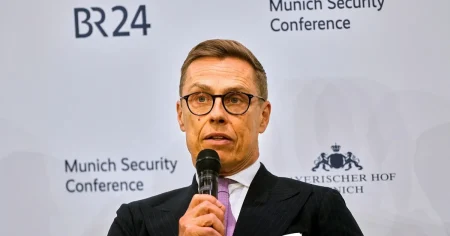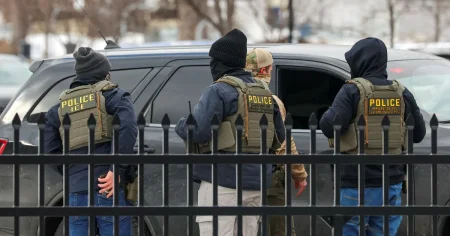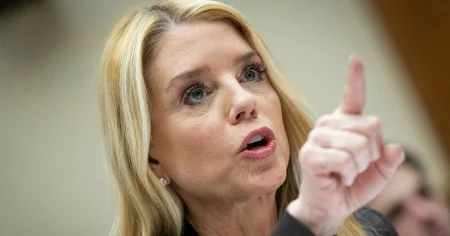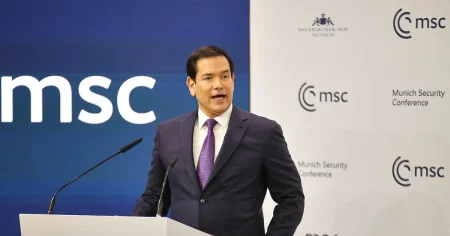The political landscape of South Korea is currently embroiled in a deepening crisis, sparked by President Yoon Suk-Yeol’s short-lived declaration of a state of emergency less than two weeks ago. The crisis has been further exacerbated by Yoon’s refusal to resign, despite mounting pressure from both the opposition and members of his own People Power Party (PPP). The focal point of the conflict is the opposition’s push for impeachment proceedings against the president, a move that has garnered surprising support within the PPP itself. The upcoming impeachment vote, scheduled for Saturday afternoon, will be a critical test of Yoon’s political survival and could have significant ramifications for the country’s stability.
The controversy stems from President Yoon’s decision on December 3rd to declare a state of emergency, a move that sent shockwaves through South Korea and drew comparisons to the nation’s troubled past with authoritarian rule. The declaration, which was retracted a mere six hours later, was justified by Yoon as a necessary response to what he perceived as the opposition’s obstruction of the government’s legislative agenda. However, critics viewed the move as a drastic overreach of power and a dangerous precedent. The fallout from the incident has been swift and severe, with the Defense Minister forced to resign and a police investigation launched into Yoon for suspected insurrection.
The impeachment drive, spearheaded by the opposition Democratic Party (DP), gained significant momentum after Han Dong-Hoon, the leader of the PPP, publicly called on his party members to support the motion. This unexpected backing from within the president’s own party signals a growing dissatisfaction with Yoon’s leadership and adds considerable weight to the impeachment effort. The upcoming vote requires a two-thirds majority in parliament to pass, meaning that a significant number of PPP lawmakers will need to break ranks with the president for the motion to succeed. While previously boycotting the impeachment vote, the PPP’s shift in stance highlights the gravity of the situation and the increasing pressure on President Yoon.
The political stakes are exceptionally high. Should the impeachment motion pass in parliament, the matter will be referred to the Constitutional Court for a final decision. This would further prolong the political uncertainty and potentially lead to a protracted legal battle. The opposition DP has framed the issue as a fundamental struggle for democracy, arguing that holding Yoon accountable is crucial for safeguarding South Korea’s future. They have emphasized that a strong vote in favor of impeachment would send a clear message that such actions will not be tolerated.
President Yoon, however, remains defiant, vowing to ”fight to the end” and refusing to succumb to the pressure to resign. He contends that his actions were justified and necessary to address the political gridlock. This standoff between the president and the opposition, compounded by the divisions within his own party, has created a highly volatile political environment. The outcome of the impeachment vote will likely determine the trajectory of the crisis and the future direction of South Korean politics.
Several scenarios are possible following the impeachment vote. If the motion fails, President Yoon may be able to cling to power, albeit with a significantly weakened mandate and facing continued opposition. A successful impeachment vote, however, would trigger a legal process within the Constitutional Court, further destabilizing the government and potentially leading to Yoon’s removal from office. Regardless of the outcome, the current crisis has exposed deep fissures within South Korean politics and underscores the challenges facing the country. The events unfolding in the coming days will be crucial in shaping the nation’s political landscape and determining the fate of President Yoon’s presidency.














